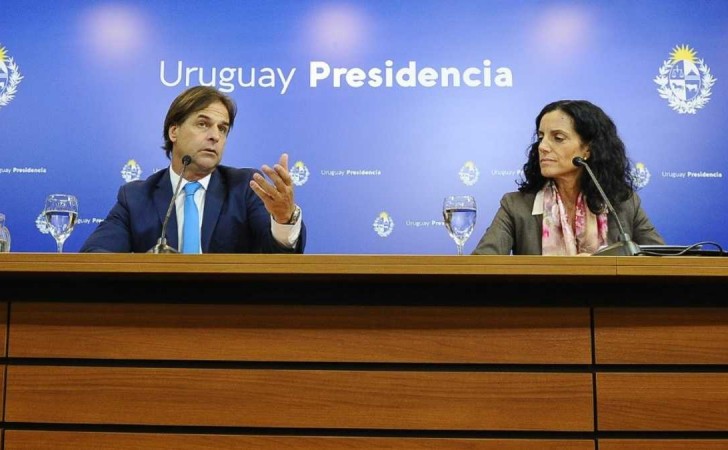There are two readings on the behavior of inflation in the country in 2024 that lead to the conclusion that the Central Bank has been successful in managing monetary policy.
The first is given by the data itself: 3.35%, which is not only within the monetary policy goal, but is also the lowest inflation rate in the last six years. It is the result of persistent and consistent work.
And the second reading is to see ourselves in the mirror of what has happened with inflation in other countries, particularly in Latin America. That is, making a comparison based on results.
Excluding Argentina, Venezuela, Haiti, Suriname and Bolivia, which lead with inflation rates of 166%, 23.58%, 26%, 19.1% and 9.51%, respectively, the Dominican Republic’s inflation rate is lower than that of Colombia (5.20%), Jamaica (5.8%), Nicaragua (3.72%) and Mexico (4.55%).
The inflation rate recorded in the country is also lower than the inflation rates of Uruguay (5.49%), Brazil (4.87%), Chile (4.17%), Honduras (3.88%), Paraguay (3.78%) and Guatemala (3.5%).
Only countries such as El Salvador (-0.30%), Panama (-0.30%), Costa Rica (-0.09%), Ecuador ((1.51%), Guatemala (1.66%) registered lower rates than the DR. and Peru (197%). But it is appropriate to note that Panama, Ecuador and El Salvador are dollarized economies, in which the exercise of monetary policy is conspicuous by its absence.
And in the case of Costa Rica, the BCRD itself highlights, in its report on inflation, an aspect that detracts from the result of inflation in that country, and that is that there has been an appreciation of its currency, which “although “It has influenced lower inflationary pressures, it operates in the direction of reducing the competitiveness of its exports.”
If to the behavior of inflation, we add the good result in the behavior of the economy, with a GDP growth that the International Monetary Fund (IMF) projects at 5.1% by 2024, one of the highest in the region, we must lean with the reverence that gratitude requires before the monetary authority, which has honored its mission of coordinating monetary policy and fiscal policy to contribute to stability and economic growth.















